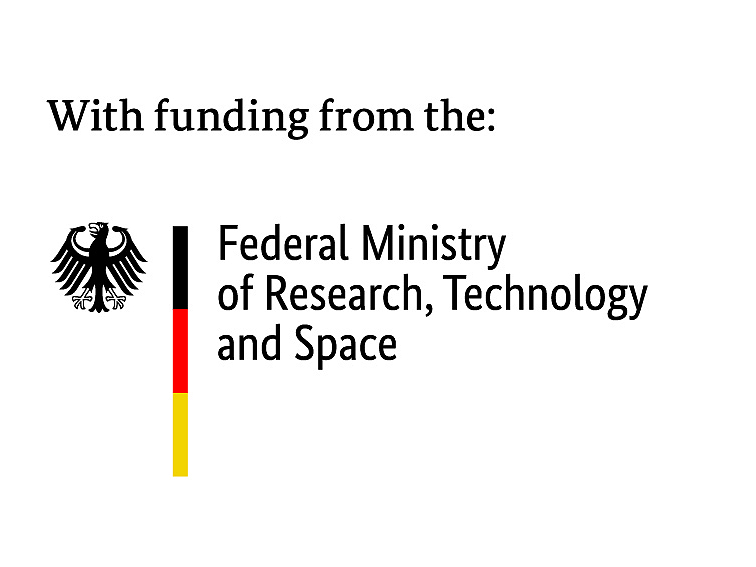About
Healthy urban development can take many forms. For example, creating green spaces for recreation, play, and sports; renovating and repurposing vacant buildings; establishing community meeting places; or building new cycling infrastructure. All of these measures are intended to improve the living environment and enhance the well-being of local residents.
In the three-year research project SalusTransform, we aim to find out whether large-scale urban development programmes truly improve conditions for people living in the affected neighborhoods – for example, by positively impacting their quality of life.
Many municipalities use so-called Integrated Urban Development Concepts (ISEK) to enhance housing quality, mobility, green infrastructure, or social services. While these strategies have often been accompanied by scientific monitoring during their planning and implementation phases, little is known about their actual effects on residents’ living conditions. SalusTransform addresses this research gap by comparing one neighborhood with an ISEK-based urban development strategy to a similar neighborhood without such a programme in each of the cities of Bremen, Bochum, and Wuppertal.
In collaboration with city administrations, local stakeholders, and residents, we investigate which measures have been implemented and to what extent they contribute to healthier, more socially equitable, and more ecologically sustainable urban environments. The findings will support future urban planning efforts to better align development with the needs of residents and to promote long-term, sustainable structures.
The project is funded by the German Federal Ministry of Research, Technology and Space (Funding ID: 01EL2420).

![[Translate to English:]](/fileadmin/user_upload/sites/salustransform/logo.png)
